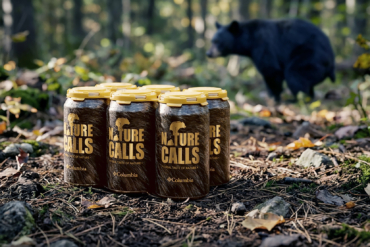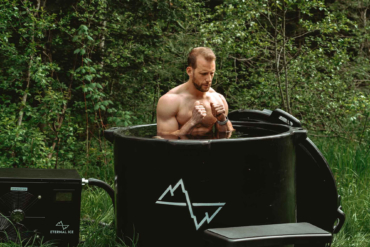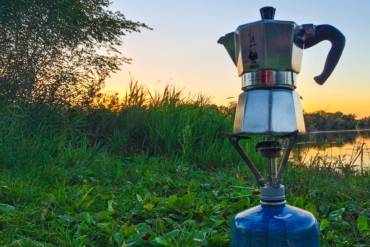Cannabidiol (CBD) is trending as a do-all “superfood.” But which claims are fact and which are bogus? We consider top claims about CBD oil.

Much like kale, chia seeds, acai berries, and vitamin C before it, cannabidiol is experiencing its superfood marketing moment in the sun. One of at least 60 cannabinoids found in the cannabis plant, CBD is a non-psychoactive compound that acts on nerve receptors and alters neurotransmitter releases in the brain and body.
But widespread research on this promising compound is limited. That’s because the federal government effectively classifies CBD as a Schedule 1 drug. Products claiming to contain it fall within the agency’s definition as being made with an “extract containing one or more cannabinoids that have been derived from any plant of the genus Cannabis.” This makes federally approved research — and definitive answers — on CBD extremely limited.
There are several drugs containing CBD currently in the U.S. Food and Drug Administration (FDA) approval process. Many expect the companies that own these patents to sue for the exclusive right to sell and market it. Bottom line: Consumers looking to purchase over-the-counter CBD face a ton of choices but have very little solid information.
This series of links explains some of the things you hear about CBD. (And remember, we’re talking hemp-derived CBD, not marijuana oils or products available in dispensaries.)
CBD and the FDA
To date, the FDA continues to allow U.S. companies to sell and market foods and dietary supplement products containing CBD extracted from hemp plants to be sold over the counter. But this industry will likely see lawsuits soon from pharmaceutical companies determined to stifle competition.

The FDA also regulates the health claims sellers of conventional foods and dietary supplements can make about their products. In other words, hemp-derived compounds cannot claim to “cure” anything. This essentially relegates the entire 36-billion-dollar U.S. dietary supplement industry into the category of food. These companies can, however, make “structure/function” claims that their products support “general wellbeing” and offset “nutrient deficiency.”
Below are some claims about the substance and available evidence around those claims.
CBD Is Anti-Inflammatory and Helps Mitigate Pain
Yes, evidence points in this direction. Athletes looking to help with post-workout recovery and rehabilitation could see benefits from CBD.
It Can Cure Cancer
No, but it might help suppress the growth of certain cancer cells. Studies have found that CBD — and other compounds — can inhibit cell growth and division. But similar research also suggests that these effects can also harm good cells in the process. It appears that there’s potential for cannabidiol in cancer treatment, but researchers don’t yet understand its exact role.
CBD Downregulates Anxiety and Psychosis
Yes, studies have shown that CBD does have anti-anxiety and antipsychotic properties. The caveat here is this requires “acute dosing,” and researchers note further study is necessary to understand its role as an anxiolytic.
It Helps Suppress Epileptic Seizures
Yes, the evidence is piling up. In fact, there are two drugs in the FDA approval process meant to reduce spasmodic symptoms associated with multiple sclerosis and Dravet syndrome, a rare form of epilepsy.
It Is Antiemetic (and Helps Mitigate Chemotherapy Nausea)
Yes, this is one of the more well-established uses of the cannabis plant.
There’s No Difference Between Hemp Seed Oil and Whole-Plant Oil
False. Hemp legalization seems to be on track, but the future of foods and dietary supplements made from oils extracted from the whole plant (as opposed to only the seeds) is in question.
The market for hemp seed oil — mostly liquid fat similar to olive, avocado, and other plant-based cooking oils — remains safe. But regulations basically don’t exist for whole plant-extracted hemp oils.
This is important because CBD seems to act more like a key than an active ingredient. It helps other compounds reach nerve endings and the endocannabinoid system itself. And it’s these 60+ other cannabinoids (including THC) that do the heavy lifting for pain, inflammation, and the other issues mentioned above.






